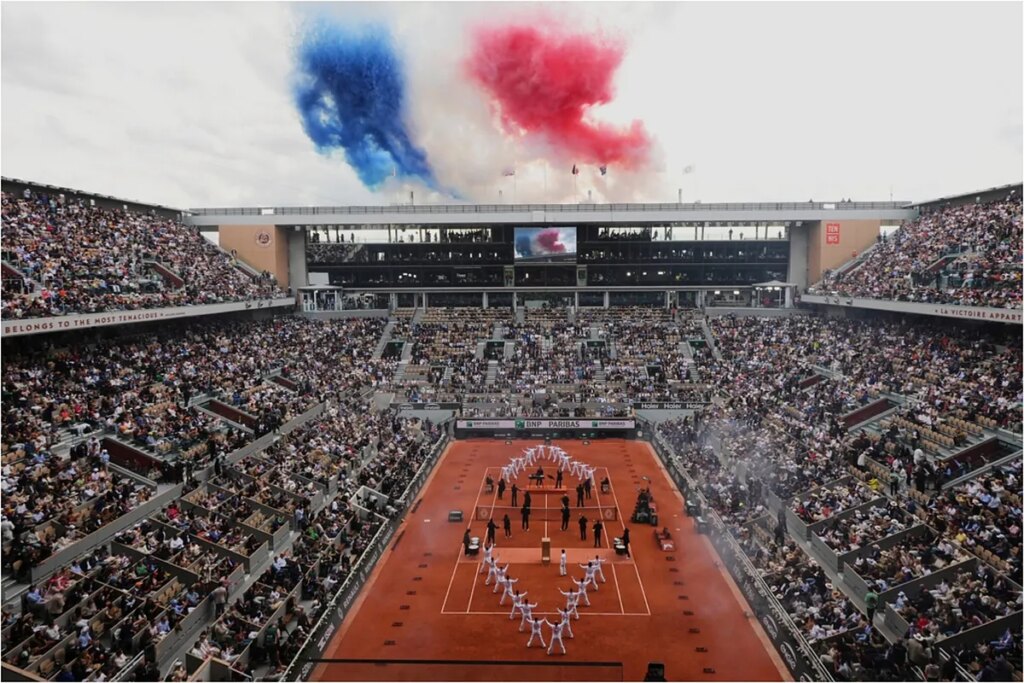While the clay of the Philippe Chatrier prepares to crown a new Roland Garros champion this Sunday, it is worth looking back and remembering that not all finals have been the same
Some were written in indelible ink, in epic battles that challenged the physical and mental endurance of their protagonists. Others, on the other hand, were more fleeting than an ace. Roland Garros, with its century-old history, has seen both extremes, and two finals in particular are etched in the collective memory of tennis for opposite reasons: the longest and the shortest of all time.
1982: Vilas and Wilander, a battle that defied the clock
On June 6, 1982, Paris became the scene of one of the most grueling finals ever seen at the French Grand Slam. Guillermo Vilas, the Argentine baseline gladiator, was looking for his second title on the Parisian clay after his victory in 1977. Opposite him was a young 17-year-old Swede, Mats Wilander, who that day graduated into the elite of world tennis.
The final score was etched as a symphony of attrition: 6-1, 6-7 (8), 6-0, 6-4 to Wilander. But what is most striking is not only the score, but the time it took to consummate it: 4 hours and 42 minutes of play, the longest final in the history of Roland Garros. Despite losing a set, Wilander was relentless at key moments, especially in the third set, when he erased the marathon man Vilas with an unthinkable 6-0.
Wilander not only beat the Argentine, but became the youngest player to win the tournament until then. Vilas, for his part, was all heart and endurance. At 29 years of age, he showed a tennis that combined power and head, but could not cope with the freshness of the Nordic. The duel was an ode to perseverance, to the exchange from the back of the court and to the physical endurance, something that in many aspects defines the DNA of Roland Garros.
1988: Graf and the lightning final
Six years later, the tournament would experience its absolute contrast. If Vilas and Wilander’s match was a marathon, Steffi Graf and Natalya Zvereva’s in 1988 was a sprint. That women’s final lasted just 32 minutes, the shortest not only at Roland Garros, but in the entire history of Grand Slam finals.
Graf, at her best, was a whirlwind over the Soviet. She inflicted a double 6-0 on her without giving her a break. The execution was so quick that many spectators, still settling into their seats, did not get to see the first set in its entirety. Graf not only won: she crushed, overwhelmed and humiliated.
Zvereva, overwhelmed from the first moment, could barely connect with the game. The pressure, the magnitude of the stage and the perfect machine that was Graf that year combined to leave a mark as unique as it is indelible in the tennis books.
Read the full article here

